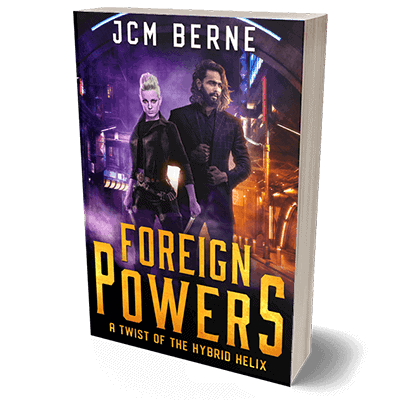I sat down to write about hard and soft science fiction, but it didn’t take long for me to realize it’s easier to start by writing about fantasy and build up to the sci-fi question, which I’ll get to in another post.
This topic comes up a lot in discussions of fantasy literature, and I take most of my guidance from Brandon Sanderson. Not that Sanderson is necessarily the best writer of fantasy (lots of people think he is!), but he’s definitely one of the best at analyzing it. I can’t recommend his how-to-write-genre-fiction lectures on YouTube enough.
If your fantasy world includes magic, it lies somewhere on a continuum between hard and soft.
Simply put, a magic system is hard if it follows rules, and it is soft if it does not.
I could end this blog post there, but some explanation might be worthwhile.
Examples:
Two of Sanderson’s favorite examples are Lord of the Rings. The One Ring, during the story, is hard magic. It has a very clear set of powers, costs, and limitations. It makes you invisible, BUT it corrupts your spirit and makes Sauron interested in you. It never suddenly displays an additional ability or additional cost (for example, when convenient to the plot).
On the other hand, within the same story, Gandalf’s powers are much softer. It is completely unclear what his limits are, what he can or cannot do, or the costs of doing those things. How does Gandalf defeat the Balrog? We never know, we just know that he does.
For any manga fans out there, Naruto’s abilities, especially early, are pretty hard. He has very specific skills and very clear limitations – he can create duplicates of himself, disguise things, increase his physical abilities; all those things consume energy of which he has a finite amount.
Costs and benefits:
The point here is not that hard magic systems are better. If you’re a reader, you might prefer books with soft or hard magic systems. A writer has to realize what they’re most comfortable working with.
Some people like reading or writing about magic because it invokes a sense of awe or wonder. If that magic system is hard, the reader can learn the rules, and grasp the scope of the magic system. Once you hold the scope of the system it is very easy to lose the sense of wonder that can come about when reading about magic.
Lots of authors thing this sense of wonder is very important and resist anything that might restrain it. Is Gandalf defeating the Balog cooler or more awesome than Frodo slipping the ring on to get away from somebody? Maybe! There are prominent authors who think a hard magic system is worthless. To them, the only (or major) point to writing about magic is to invoke that sense of wonder.
The advantage of a hard system is, to me, in the kind of stories you can tell.
When characters have a strictly defined set of (magical) tools or abilities, their victories display something about their character in a way that doesn’t happen with soft magic.
Suppose your character is fighting a tough opponent. If their power has strictly defined limits, you can show them being clever or strategic in the fight. Naruto has great examples of this, especially earlier in the series – a lot of his fighting is about distracting his opponent so he can get in an unexpected attack.
Gandalf defeating the Balrog? We feel he is brave to do so, because the Balrog is very tough, and it’s obviously dangerous. But we can never feel that Gandalf used an especially clever strategy or tactic to win the fight, because the powers on both sides are completely nebulous.
Hard magic systems let us tell a different kind of story – stories about characters being smart or innovative or crafty with a set of tools that have strict limitations. It’s a lot like some good sci fi. Hard magic systems also limit the sense of awe or wonder that softer magic systems can bring.
Neither is better, though each is better for telling a certain kind of story.
To make things more fun, we use the terms ‘hard’ and ‘soft’ to refer to different kinds of science fiction as well, where they mean similar but not the same thing. I’ll go into that distinction in another post!
Subscribe to my newsletter so you don’t miss it!
Photo by Monika Leszczyńska from FreeImages



0 Comments